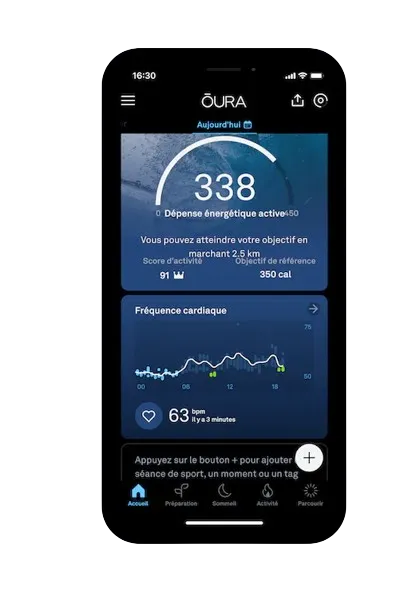Solutions for a Healthier Tomorrow

As a healthcare professional or policymaker in global health, you know the struggle: overwhelming information, discerning actionable insights, and bureaucratic delays.
You're not alone. Many in your field feel suffocated by the sea of data, desperate for meaningful, actionable information.
INNOVATION IN ACTION
At Vital Solutioning, we source cutting-edge technology and data to provide actionable insights. We synthesize essential global health information and assemble predictive insights, enabling proactive strategies in global health.

Our Mission: Innovative Solutions for a Healthier World
We're here to promote innovative and educational solutions to global health issues using cutting-edge research, comprehensive education, and powerful advocacy.
The Vital Solutioning Difference: From Data Overload to Crystal Clear Insights
Our Global Health Synergy Framework is designed specifically for healthcare professionals and policymakers like you who are committed to improving global healthcare outcomes.


Synthesize Essential Information: Cut through the clutter and focus on what truly matters.
Predict Future Trends: Stay ahead of the curve and prepare for tomorrow's challenges today.
Enable Proactive Strategies: Transform from a reactive follower to a proactive leader in global health.
Advancing Global Health Through Innovation
In an era of unprecedented global health challenges, healthcare professionals and policymakers face a critical need for clear, actionable insights. The volume of data can be overwhelming, and the pace of change relentless.
Vital Solutioning stands at the forefront of this challenge, offering innovative solutions to navigate the complex landscape of global health.

Détection automatique d'activité.
Du vélo au basket-ball en passant par les tâches ménagères, Oura détecte automatiquement une trentaine d'activités et tient compte de chaque mouvement effectué.
Fréquence cardiaque de la séance.
Obtenez des informations détaillées sur vos progrès et vos performances. Enregistrez votre fréquence cardiaque lors de vos séances de sport, puis recevez des informations sur les réactions de votre corps et sur les effets de vos séances de sport sur votre sommeil et votre niveau de préparation.


Fréquence cardiaque diurne.
Savoir, c'est pouvoir. Surveillez votre fréquence cardiaque du matin au soir pour découvrir comment votre corps réagit à vos habitudes et choix quotidiens.
PRÉPARATION
Soyez à l'écoute des signaux de votre corps.
Sachez quand il est temps de vous dépenser et quand il est préférable de vous ménager grâce au score de préparation d'Oura. Celui-ci se base sur plus de 20 signaux corporels distincts, notamment votre température, votre fréquence cardiaque, votre VFC et votre sommeil pour vous indiquer dans quelle mesure vous êtes prêt·e à affronter la journée à venir.
Our Vision
To become the leading international think-tank recognized for pioneering solutions in global healthcare. Together, we can create a healthier, more equitable world for all.

Join the Vital Solutioning Community
Healthcare Innovators
Policy Pioneers
Research Trailblazers

Empowering personal transformation with Ageless Wisdom for a better self and a united, enlightened mankind
About Vital Solutioning
Our team of dedicated experts works tirelessly to bridge the gap between complex global health data and actionable, life-changing policies.

Become part of a community dedicated to revolutionizing global health:
Send us a message
Collaborate with leading health innovators
Engage in policy discussions with global experts
Access cutting-edge research and analysis
*We will get back to you shortly

Vital Solutioning ©2024
All rights reserved.
Vital Solutioning is a 1901 French Association RNA:W922021253
3 rue Voltaire, La Garenne-Colombes 92250 France
Vital Solutioning Mission
We're on a mission to promote innovative and educational solutions to global health issues through cutting-edge research, comprehensive education, and powerful advocacy.
This disclaimer states that there is no guarantee of specific results and each person's results may vary. The information on this site is not intended or implied to be a substitute for professional advice or consultation on the subject. All content, including text, graphics, images, and information, contained on or available through this website is for general information purposes only. Vital Solutioning makes no representation and assumes no responsibility for the accuracy of information contained on or available through this website, and such information is subject to change without notice. You are encouraged to confirm any information obtained from or through this website with other sources. Vital Solutioning does not recommend, endorse, or make any representation about the efficacy, appropriateness, or suitability of any information, including sponsors’ information that may be contained on or available through this website.
VITAL SOLUTIONING IS NOT RESPONSIBLE NOR LIABLE FOR ANY ADVICE OR ANY OTHER INFORMATION, SERVICES, OR PRODUCTS THAT YOU OBTAIN THROUGH THIS WEBSITE.
